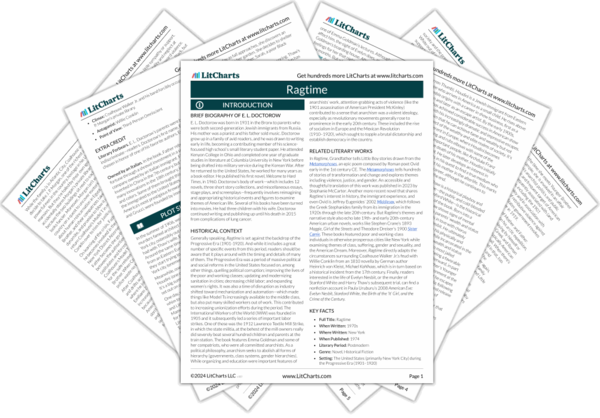To her credit, Mother intuitively grasps that the circumstances in the mysterious Black woman’s life must be truly dire to have led her to her desperate choice to abandon her baby. Notably, she responds with compassion (albeit compassion mixed with consternation and fear). The doctor and police officers, on the other hand, judge the woman harshly. Mother feels uncomfortable because she’s had to step up and decide herself rather than preceding down the appointed path of her life or having a man tell her what to do. She’s broken sharply with her past and begun her own transformation.


